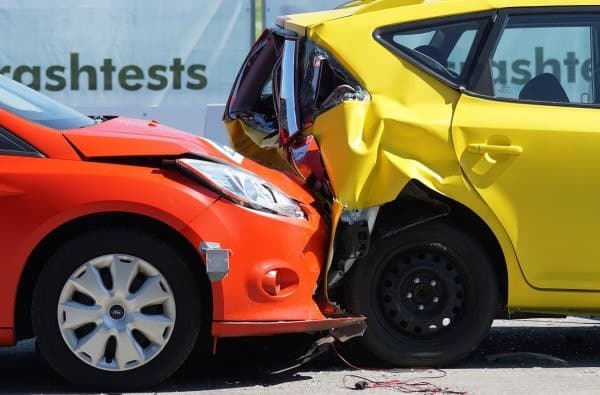In order for a drive on the roads in Spain, your vehicle must have valid compulsory insurance, however, despite it being mandatory, there are many drivers who take to the roads without it. In fact, according to data from the General Directorate of Traffic (DGT), 3.06% of the fines filed in the last six years were for driving a vehicle without insurance, that is, 130,000 fines each year, which is more than 350 every single day, on average.

Although the data is indicative, it is estimated that more than 2 million vehicles circulate on Spanish roads without compulsory insurance, an imprudence that can cost between 601 and 3,005 euro, which the owner of the vehicle must pay, although the financial burden may end up much greater in the event of a claim going through the courts. In the event of a collision, the driver will be responsible for the damage caused to other people, vehicles or street furniture. The owner of the vehicle will only be civilly liable, provided that the driver and the owner of the vehicle are different people.
Cars must be insured even if they are not used regularly, that is something that drivers must take into account. In the event that one of the vehicles involved in an incident does not have valid insurance, and is found guilty of the incident, the Insurance Compensation Consortium (CCS) will be responsible for material and personal damage caused to third parties.
Then, the Consortium may claim compensation from the driver of the vehicle or the owner. The driver, in addition, will receive a fine of up to 3,000 euro, to which other sanctions could be added, if the vehicle has not passed the ITV, payment of the grua, etc. In addition, traffic officers can immobilise the vehicle, and the cost of custody of the vehicle must be paid.
On the other hand, if the uninsured vehicle is not to blame for the collision, the compulsory insurance of the car responsible for the accident will compensate material and personal damage. But, when driving without insurance, the driver will still be sanctioned and the vehicle, immobilised.
Despite the fact that many drivers are unaware of it, the agents of the Traffic Group of the Guardia Civil, and the regional police, monitor the expiration of the policies through real-time access to vehicle files, such as the FIVA, the File Information on Insured Vehicles, managed by the Insurance Compensation Consortium.
When any incident occurs, the State security forces and bodies review the documentation of the vehicle and the driver and verify if they have valid basic insurance.





